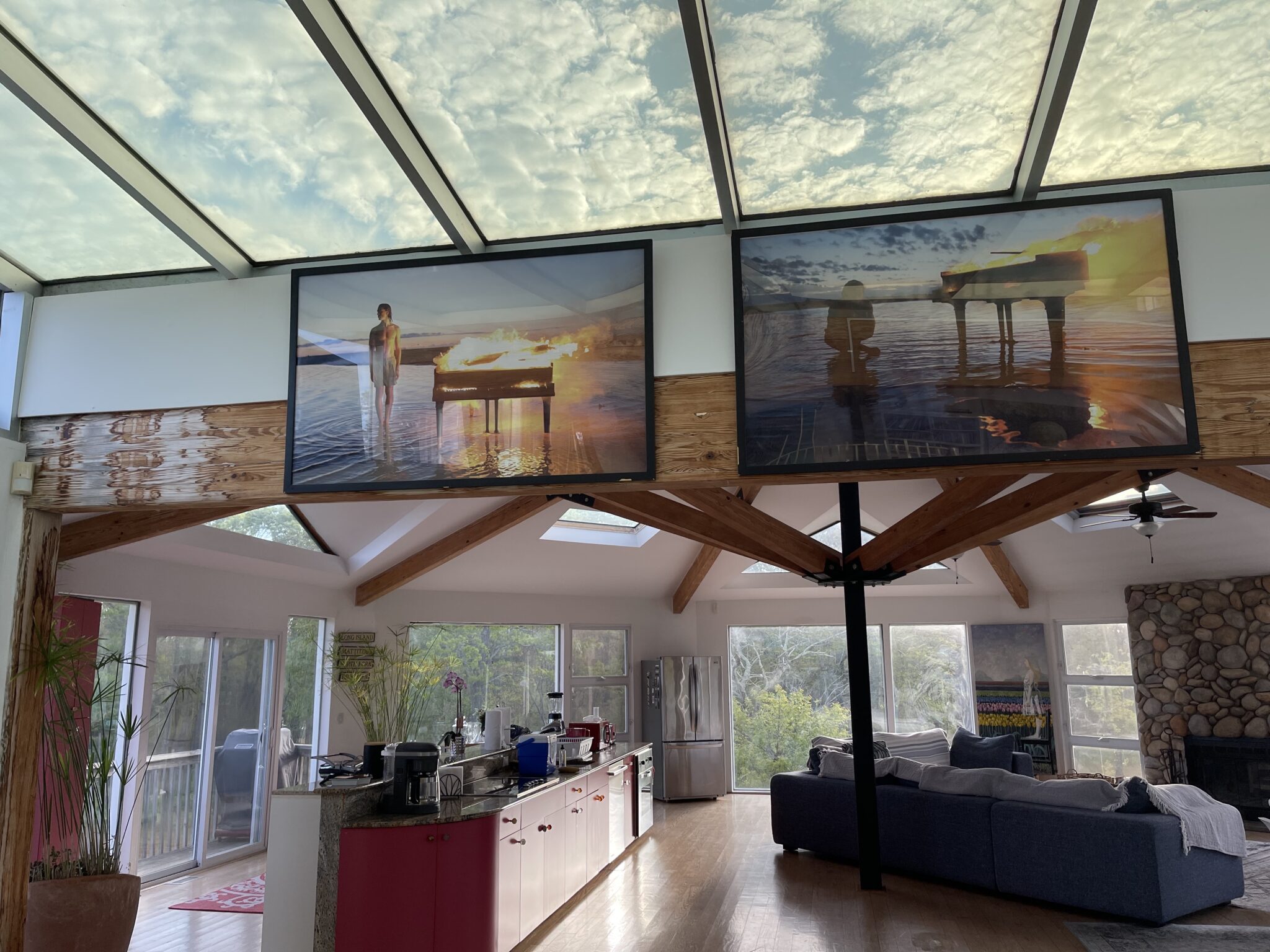During the pandemic, Airbnb saw a burst of long-term stays of 28 days or longer, and also reservations in non-urban areas. While many other areas of the business have normalized in the interim, those two areas are still solid.
“I think a lot of bears thought that segment would unravel as we emerge and people went back to work,” Chief Financial Officer Ellie Mertz told a Goldman Sachs investor conference Monday, referring to long-term stays. “And yet what we see today is that segment is not growing as fast as short-term rentals, but on nominal terms [i.e. not adjusted for inflation], it’s approximately double the size that it was pre-pandemic and continues to be a very significant portion of our business.”
During the first quarter of 2021, long-term stays were Airbnb’s fastest-growing category of trip-lengths.
In August, Mertz noted that long-term stays are slowing the company’s growth in North America compared with other regions. That’s because Airbnb’s long-term stays are concentrated in North America and their growth is slower than for short-term rentals.
Airbnb has been pushing the theme recently of how the average one-bedroom Airbnb is cheaper than a hotel stay. Mertz didn’t raise that issue, but argued that an Airbnb stay is much more practical for a long-term stay than a hotel.
“If you want to stay somewhere for five, six weeks, six months, a hotel is not a reasonable alternative and Airbnb provides a massive amount of inventory that allows you to make use of that use case,” she said.
U.S.-headquartered hotel companies, though, are making big investments in extended stays so they might push back on Mertz’s contention.
Non-Urban Still Strong
Mertz said non-urban travel, which surged during the pandemic because people were seeking refuge from congested areas, “has continued at a higher level than urban sites.”
One reason for that is that while many companies demanded that employees return to the office, employees still value the flexibility of remote work. Mertz tied the ongoing strength of non-urban bookings to heightened awareness that Airbnb is present in a “diversity of markets,” and the “really highly differentiated aspect of our offering.”
Subscribe to Skift Pro to get unlimited access to stories like these
{{monthly_count}} of {{monthly_limit}} Free Stories Read
Subscribe NowAlready a member? Sign in here
Subscribe to Skift Pro to get unlimited access to stories like these
Your story count resets on {{monthly_reset}}
Already a member? Sign in here
Subscribe to Skift Pro to get unlimited access to stories like these
Already a member? Sign in here
